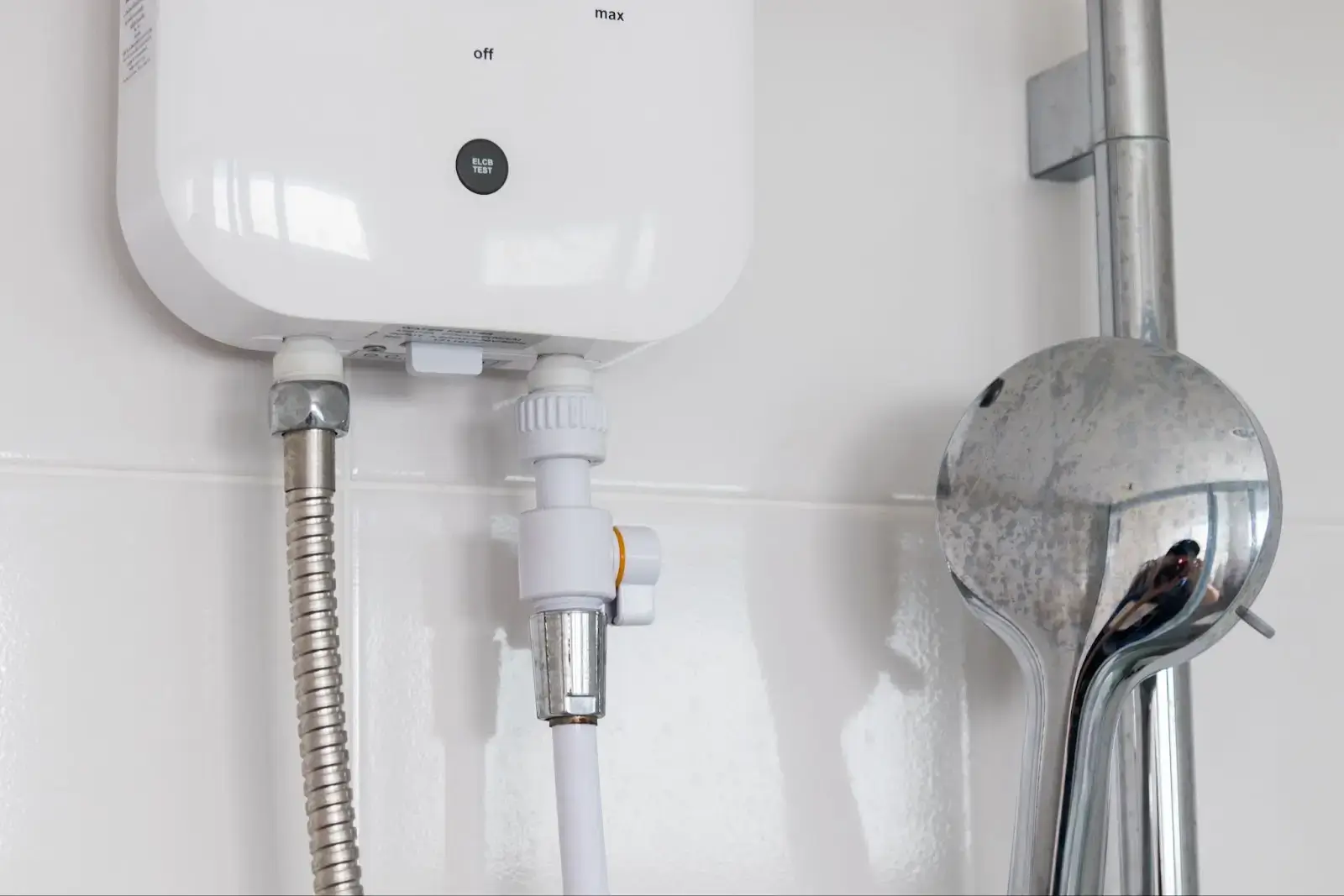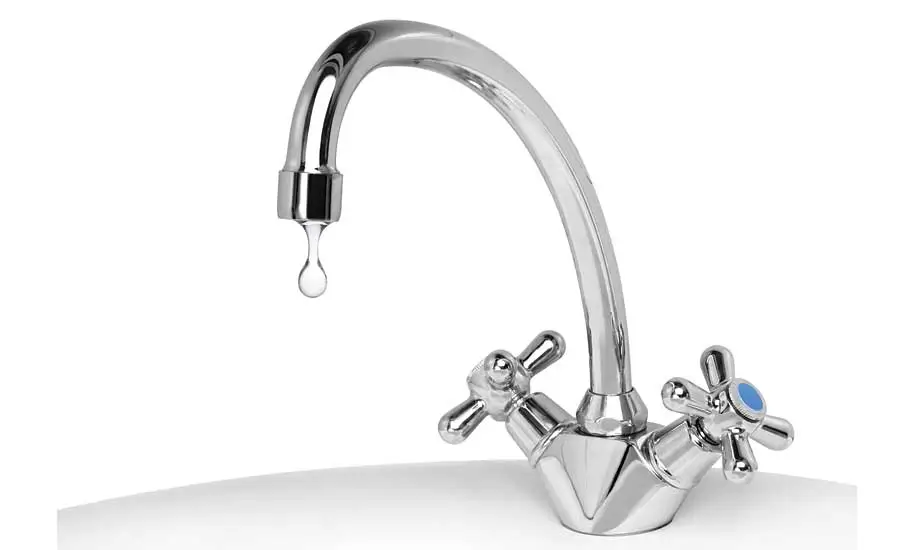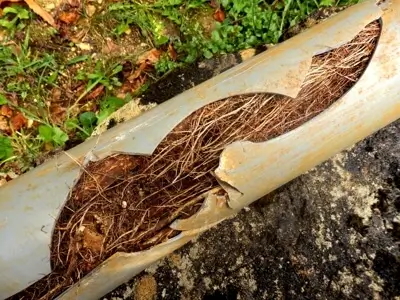Bothersome noises keeping you up at night? Things going bump in the night scaring the family? Don’t worry. The hissing noises you’re hearing aren’t from anything supernatural.
All those noises may be coming from your aged air conditioners needing attention. You may also notice unusual smells and uncomfortable temperatures.
Stay vigilant about unusual noises. Sounds may indicate various AC issues, including clogs, blockages, and compromised wiring.
Air conditioner noises may also indicate aging AC components. Getting to the bottom of inexplicable noises may help you nip problems in the bud before they require costly repairs.
Learn more about your air conditioner to find out how to reduce air conditioner noise and what causes them.
Why Is My Air Conditioner Making Noises?
Your air conditioner produces operational noises, such as mild buzzing sounds due to vibration. It should be subtle enough to only be audible within a few inches from the air conditioning unit.
Various other reasons cause air conditioners to operate loudly or emit strange noises. Struggling or malfunctioning air conditioners produce unusual emissions, like sounds and smells.
Hearing weird noises from your air conditioner can be alarming, especially when loud or incessant. Even abrupt bangs and short jingling noises can trigger worries.
They won’t catch everyone’s attention. However, unusual noises should pique every homeowner’s curiosity.
When was the last time you inspected your air conditioner?
Should I Worry About My Noisy Air Conditioner?
You can expect different noises, and not all of them should warrant your worries. Operational noises, such as slight buzzing, are expected of any appliance.
You should worry about loud noises that take you by surprise. Blindsiding noises are often abrupt and loud, occurring when you turn your air conditioner ON or OFF.
Noises may reverberate and linger, lasting the entire time your air conditioner is operating. You may hear them through your home’s ductwork or from each separate handler. The noises may only stop once you switch off the entire air conditioning system.
Loud and lasting noises are worrisome. They indicate various underlying AC issues that require immediate attention.
What does your air conditioner sound like?
Unusual Noises
Problematic air conditioning produces various noises and won’t resolve on its own. Knowing what noises indicate AC issues and what causes them helps homeowners act on them urgently.
Call for professional inspection as soon as you hear unusual noises. Delaying or dismissing AC concerns only worsens matters, becoming harder and more costly to remedy later.
Below you will find the most frequently reported air conditioner noises.
Buzzing Noises
Barely audible buzzing is negligible and is not a noise that typically indicates any malfunctions. However, incessant buzzing loud enough to hear from a distance is problematic.
Loud operational noises indicate struggling functions and significant internal hindrances. Your air conditioner may be struggling, posing hazardous threats to everyone in your home.
Threats include electrical issues, such as compromised internal wiring and electrical attachments. Compromised or malfunctioning power lines hinder proper power distribution, causing overheating or short-circuiting.
Do not attempt to dismantle your air conditioning units. It is dangerous to deal with electrical malfunctions without proper tools or adequate skills.
Hissing Noises
Hissing noises come from various causes and are commonly related to pipes and lines. Like AC power lines, your air conditioner relies on different pipelines.
Pipelines affect airflow, system stability, and overall AC efficiency. Clogs and blockages within pipelines can hinder distribution and build internal air pressure.
Compounding air pressure impacts internal components and comprises functions. Your air conditioner may cause surcharges to your monthly energy costs and leave you with subpar air quality.
High air pressure seeping around obstructions may sound like hissing. You should inspect air registers for noticeable clogs and peek into the ductwork to find blockages.
However, avoid damaging your air conditioning systems and leave the dismantling of pipelines to the experts for more thorough examinations.
Bubbling Noises
Hissing noises don’t only indicate air leaks. Hissing accompanied by bubbling noises indicates refrigerant leaks.
Air conditioners have chemical coolants distributed to internal coils through closed-loop systems. Compromised chemical circulation may tear through refrigerant lines, causing leaks and chemical exposure.
Your air conditioner’s indoor and outdoor coil will struggle against chemical saturation. Failingcoils will halt functions and impact the entire system.
Internal waste-heat and saturated components cause refrigerants to simmer, producing bubbling noises. Refrigerant leaks sound more like boiling water than popping balloons.
Your air conditioner will need proper refrigerant levels to produce any cool air. Repairing refrigerant lines allows air conditioners to conduct primary functions safely and efficiently.
There are no Do It Yourself techniques that guarantee effective restoration. Compromised refrigerant levels require professional attention to recharge and repair.
Banging Noises
Banging noises indicate urgent AC issues. There may be dislodged components banging around within your air conditioner.
Refrigerant leaks, condensation, clogs, and air pressure impact stability, compromising internal components. They may knock components out of place, especially loose elements.
Some components that are already hanging on by a thread due to operational vibration are more susceptible. Internal components falling on each other and hitting case walls or larger elements produce loud and startling bangs.
Your air conditioner may also experience sudden power surges that cause your outdoor unit to “jump” out of place upon starting up. Some multi-zone air conditioner users have experienced a “jumpy” condenser unit at least once.
These indicators should not be dismissed. Banging noises require immediate professional assistance.
How to Reduce Air Conditioner Noises
Reduce air conditioner noises by giving it the attention it needs. Routine inspections prevent minor issues from worsening or potentially posing more hazardous threats.
Our air conditioners require more frequent attention than we think. HVAC professionals recommend yearly visits. However, older air conditioners require more regular attention.
You can also inspect AC units on your own. Use rubber gloves and protective goggles to handle your air conditioner and peer into internal systems.
You may see visible clogs and contamination on or around AC units at a glance. However, you might need a flashlight to examine darker corners or to find hard-to-find blockages.
You may also avoid clog-inducing habits to reduce or prevent air conditioner noises.
AC Preventative Maintenance Tips
- Properly manage your air filters. Most homeowners neglect air filters, thinking they can self-manage. Like most AC components, filters require routine inspection, cleaning, and replacement. Maintenance requirements depend on what kind of filters you have. You can also remove the front panel of the indoor unit to clean split-type air filters.
- Place indoor and outdoor units away from any fixtures, such as walls and curtains. Experienced technicians know better than to place condenser units near possible blockages, including trees and bushes. However, inexperienced installation compromises your air conditioners before you even use them.
- Frequently inspect air registers and ductwork. Various pollutants and pathogens can infiltrate your air conditioning system. Condenser units are permanently exposed to the outdoor elements, collecting airborne particles over time. They may clog outdoor blower components or seep into your air duct, causing unusual sounds and smells.
- Immediately report unusual activities to professional HVAC technicians. Foul odors and unusual noises aren’t just bothersome. They indicate underlying issues that may need urgent attention. Without effectively remedying AC issues, you may never experience reliable air conditioning.
Find out when your air conditioner needs professional attention.
Does Your Air Conditioner Need Professional Attention?
Look out for attention-calling signals air conditioners produce to attend to them as soon as possible. Some are more urgent than others, but all matters require attention.
Professional attention is always best, but you can tend to your air conditioners with simple techniques. By observing their overall output, you may determine underlying issues without professional assistance.
Remain vigilant for all possible emissions, such as smog, leaks, sounds, and smells. Some AC issues, like odors and increased utility bills, may indicate a range of issues.
Individually, symptoms may not provide enough information to discern AC issues. However, a combination of symptoms can be far more telling.
- Foul odors + hissing noises + compromised airflow = dirty air filters.
- Unusual odors + hissing noises + erratic temperatures = clogs.
- Leaking + bubbling noises + inadequate cooling = refrigerant leak.
- Vigorous vibration + buzzing noises + unresponsive thermostat controls = electrical issues.
- Spiking energy costs + banging noises + short-circuiting = malfunctioning components.
Properly diagnosing air conditioners helps us report them to HVAC contractors more accurately. While they may still conduct closer inspections upon arrival, they will at least know where to start.
Don’t attempt complicated maintenance tasks. If you encounter AC issues, take the next diligent step to remedy them.
Contact reliable professionals instead of conducting haphazard efforts or relying on amateurs.
Where to Find Reliable HVAC Services in Portland, OR?
It is easier to pinpoint AC issues with the necessary knowledge and training. We may inaccurately diagnose our concerns, cleaning air filters when our air conditioner actually needs electrical repairs.
Get rid of bothersome noises and other nasty emissions today. Submit your air conditioning units for a thorough inspection and other maintenance services.
Comprehensive maintenance may eliminate your air conditioner’s unusual emissions and reduce operational noise. Tune-up services enhance functions to ensure your air conditioner only delivers comfortable top-quality cooling.
If you need AC Tune-up & Repair in Portland, call the Sunset Heating & Cooling team. We will repair your AC units to restore their initial efficiency and stability. We also serve the neighboring areas, such as Hillsboro, Milwaukie, Banks, and Happy Valley.
Call for springtime AC maintenance to get ahead of summer and avoid mid-season breakdowns.







